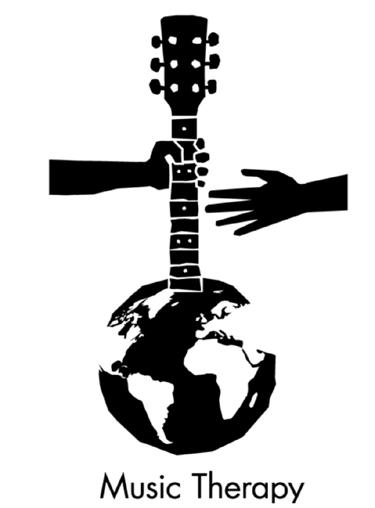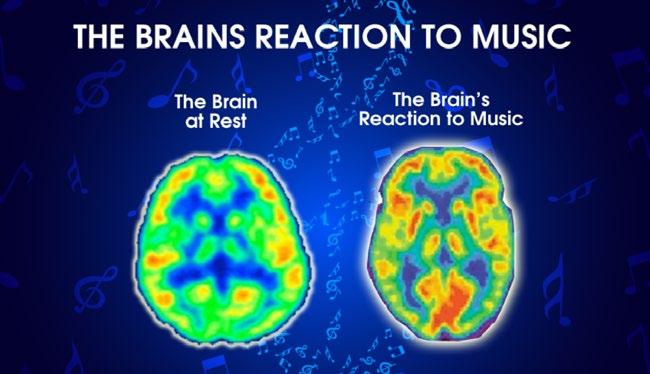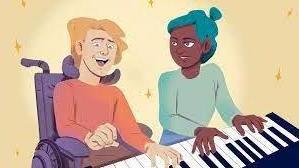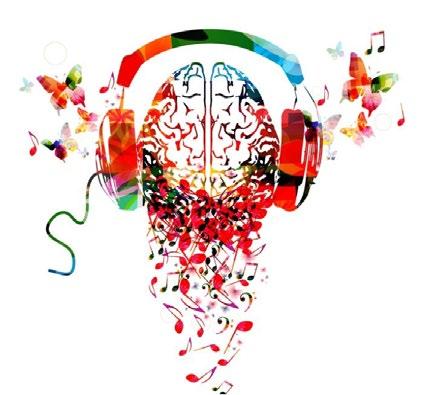
4 minute read
Davide Antochi
Music: A Form Of Physical And Neurological Therapy
Global Context - Scientific and Technical Innovation
Goal - To research and compose an innovative piece of music which will aid in the physical and neurological rehabilitation of an individual experiencing a disorder, disease or acquired brain injury.


How Is Music Utilized In Recovery Therapy?
What Is Music Therapy? Music Therapy is an established health profession in which the art of music is used within a therapeutic relationship to address physical, emotional, cognitive, and social needs of individuals who have suffered neurological injuries or disorders.
What Diseases/Disorders Can Music Therapy Help Recover From? Music Therapy can theoretically and practically help recover from symptoms of any disease, disorder or injury, both congenital or acquired. Examples of disorders treated by music therapy include: Autism, Parkinson’s, Cardiac Disease, Dementia, Alzheimer’s Disease, Post-Traumatic SD, Schizophrenia, Strokes, Speech Disorder, and many more.
How Exactly Does Music Therapy Help? Music Is Medicine. Music therapy is used to aid in physical discomfort by improving respiration, lowering blood pressure, improved cardiac output, reduced heart rate and relaxed muscle tension. The wonder drug that music is, alleviates the stress by interacting with the sensory and motor functions, which therefore releases neurochemicals such as serotonin and dopamine.
The Importance of Music Therapy Music Therapy is a sublime and paramount form of therapy, which has the ability to be performed on any patient, non-reliant on age, gender, race, sexuality or beliefs, whence music being the universal language. This therapy is non-evasive, incisionless, enjoyable, efficient, and has no-known side effects.



Music Therapy Piece Process Journal & Inspiration
What Gave Me The Inspiration To Do This Project On Music Therapy? From a young age, I have been passionate and enthusiastic about neurology, medicine and music. I decided to conjugate the three in such a manner that would allow me to still be able to compose an innovative product. My true inspiration occurred from my grandfather, who suffered a stroke, resulting in a half-body paralysis. This incident got me researching ways in which my grandfather could have a more speedy recovery. I came across music therapy and since then my grandfather has regained function partial function in his paralysed limbs. Observing the prime effects that this therapy inflicted, encouraged me to make a difference by composing a therapy song. What Musical Features Are Used In Music Therapy? The different musical features used in therapeutical songs vary depending on patients. No neurological injury is the same, and therefore specific pieces are composed or chosen by music therapists for their patients. The piece that I composed is not specifically targeted towards any disorder, rather more of a generalist therapeutical piece. These were the musical features and characteristics that I utilized and intertwined into the piece: • Title that creates hope and optimism. • Use pleasant instrument, e.g. Guitar. • Relaxing modal sound in the back, e.g. waves. • Simple melody that is melancholy, and slow (adagio). • Repeat the melody (ostinato), each time altering it. • Allow notes to ring-on and fade away. • The piece must create imagery by changing keys (modulation). • Add a contrasting, and happy melody. • End by allowing notes to ring on into silence.


The Product Piece of Therapeutical Music
The Title Of The Therapeutical Piece Of Music: Finding Sunshine In The Rain, Discovering Joy In The Midst Of Pain
The Composer Of The Piece: Davide Samuel Antochi
Note: This is a prototype version of the piece of music. Listen here!
Conclusion
What Did I Learn From Doing This Personal Project? The most important lesson that I perceived throughout this personal project journey, was that even a 15 year-old student like me, has the tremendous ability to truly change one’s life for the better. Music truly is Medicine! What Did I Find Most Enjoyable About This Personal Project? Personally, I discovered that the most pleasurable and entertaining part of this project was the actual composing and experimentation of the therapeutic piece of music.
What Kept Me Motivated Throughout The Course Of The Project? After exploring and seeing the prime positive effects that this therapy had, I decided to embark on both a learning journey as well as a mission to help out in the best way possible. This ideology kept me motivated throughout the course of this Personal Project.
My Favourite Music Therapy Quotes “Where words fail, music speaks.” - Hans Christian Andersen “Music is an art that goes well beyond science.” - Andrea Bocelli












